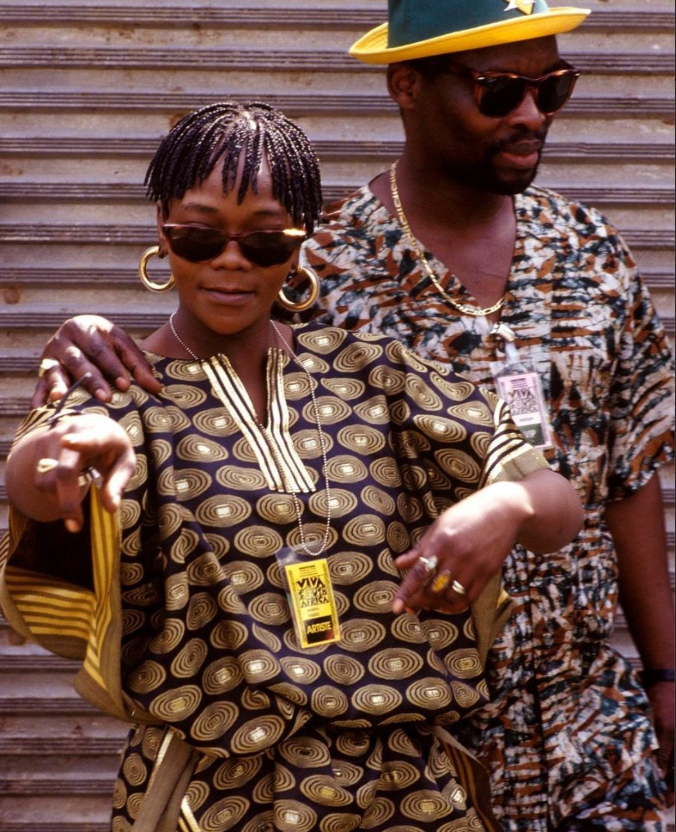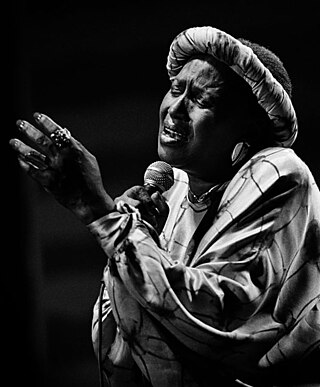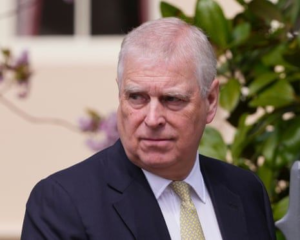Tiwa Savage Streaming Metrics & the Legacy of Africa’s Female Icons

Tiwa Savage reigns today, but queens like Brenda Fassie, Miriam Makeba, and Angélique Kidjo shook Africa long before Spotify charts
In a recent interview on Ebro in the Morning, Tiwa Savage — born Tiwatope Savage in Lagos, Nigeria reaffirmed what many already believe: that she is the “Queen of Afrobeats.”
A singer-songwriter and global performer, Tiwa has built a formidable catalog over the last decade, including her new album This One Is Personal (2025). But how does streaming data stack up, especially compared to peers like Simi, or even artists whose styles blend more soul-Afro fusion, like Aṣa?
On Spotify, Tiwa Savage has over 688 million total streams across her most popular tracks, with hits like Koroba, Stamina and Ma Lo. Her monthly listeners hover around 3.2 million, putting her ahead of many female contemporaries in Afrobeats. Simi, while deeply respected, doesn’t match those streaming heights, and Aṣa — though less commercially streamed — remains a critical force in Afro-soul.
But compared to the women who paved the way, Tiwa’s impact feels less seismic. Streaming wasn’t a metric in the eras of Brenda Fassie, Miriam Makeba, or Angélique Kidjo. Back then, fans had to physically buy records, attend concerts, and engage with the artist in person — their presence alone spoke volumes. Fassie, for example, wasn’t just a pop star: she was a revolutionary voice.


Her 1990 hit Black President honored Nelson Mandela and became an anti-apartheid anthem, banned by the government but embraced by millions. With songs like Too Late for Mama, she narrated township struggles, giving dignity to everyday Black South Africans. Bold and unapologetic, she challenged patriarchy, flaunted her bisexuality, and turned her flamboyance into defiance. Even through addiction battles, she symbolized resilience — a mirror of South Africa’s painful yet hopeful rebirth. These were legacies built not on streams, but on culture-shaking impact.
So yes, by raw numbers and global streaming dominance, Tiwa Savage looks like a strong candidate for “Queen of Afrobeats.” But streaming alone doesn’t tell the whole story. If we look back, we must remember the trailblazers: Miriam Makeba, South Africa’s “Mama Africa,” whose exiled voice became a symbol of resistance; Brenda Fassie, the “Queen of Townships,” who provided the emotional soundtrack of liberation; and Angélique Kidjo, the Beninese powerhouse who fused rhythms with world sounds and won Grammys while elevating African artistry worldwide.
Tiwa Savage’s streaming metrics give strong credence to her claim as one of, if not the, leading female stars in contemporary Afrobeats. She commands large audiences, global reach, and consistent hits. But her reign is part of a larger lineage. Women like Makeba, Fassie, and Kidjo didn’t just build fanbases; they built nations’ spirits. They sang against oppression, toured the world, and rewrote Africa’s cultural narrative. For Tiwa, the crown fits — but it shines brightest when shared with the queens who carried the torch before her.





